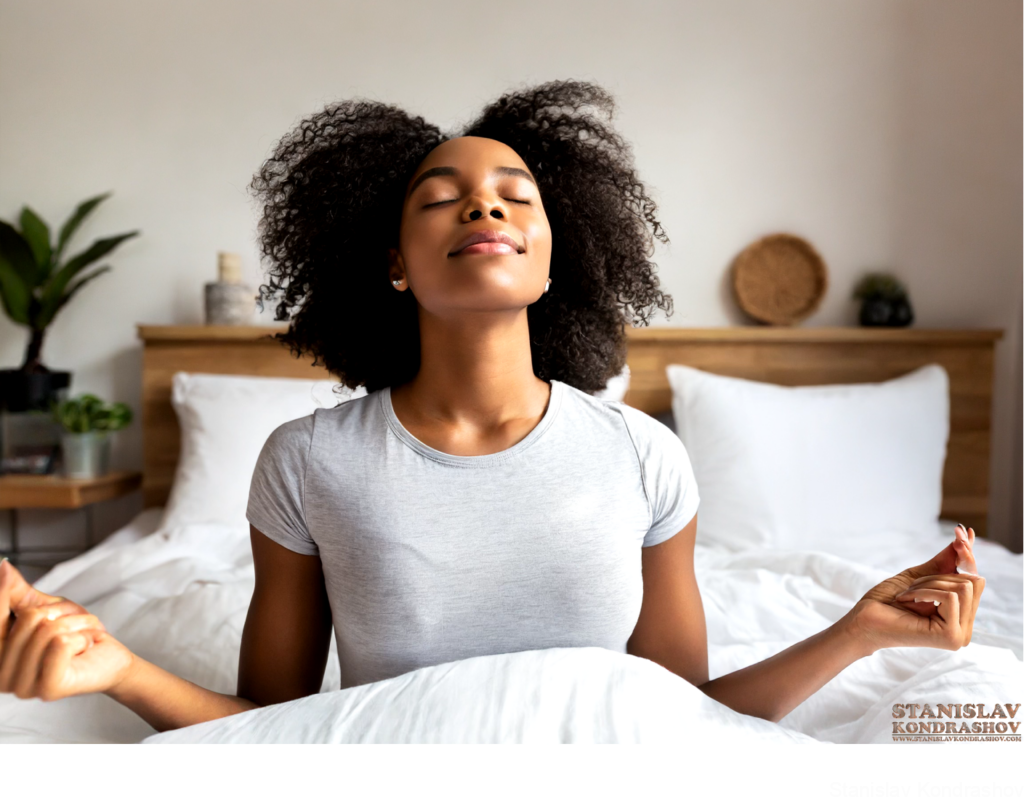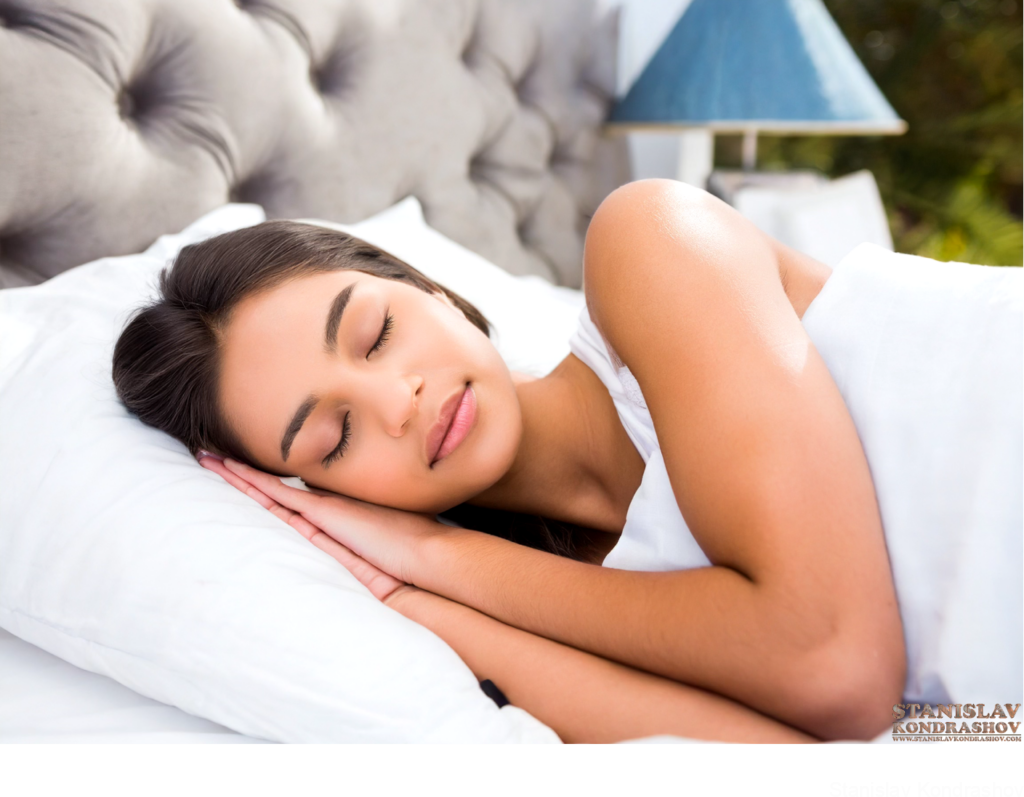In the hustle and bustle of modern life, sleep often takes a back seat on our list of priorities. Deadlines, digital screens, and the pursuit of personal goals push us to cut corners on rest, viewing sleep as a luxury rather than a necessity. But a silent thief is lurking in the shadows of sleep deprivation, one that steals more than just our energy and alertness—it pilfers our emotional well-being. Let’s shed some light on the hidden emotional cost of skimping on sleep and why catching those Z’s might be the most undervalued asset in your emotional toolkit.

The Ripple Effect of Restless Nights
Sleep deprivation doesn’t just leave us groggy and grasping for the nearest source of caffeine; it plunges us into a turbulent sea of emotional instability. The connection between sleep and emotional health is profound, with the effects of sleepless nights rippling through every aspect of our lives.
1. A Short Fuse on a Long Day
Ever noticed how everything seems more aggravating after a night of tossing and turning? Sleep deprivation lowers our threshold for stress, making minor irritations feel like major catastrophes. The spilled coffee, the slow internet, the endless meetings—they all suddenly have the power to ignite our temper like never before.
2. The Emotional Rollercoaster
Without adequate rest, our emotional responses become akin to an untethered rollercoaster—unpredictable, exaggerated, and hard to control. Research suggests that sleep deprivation amplifies negative emotional reactions while diminishing the regulatory control we typically exert over our feelings. The result? A day spent on the brink of tears or laughter, with little to no warning.

3. Anxiety’s Best Friend
Chronic sleep deprivation and anxiety are locked in a nefarious dance, each fueling the other in a vicious cycle. Lack of sleep can exacerbate anxiety symptoms, making it harder to fall asleep, which in turn, heightens anxiety—a partnership that benefits neither party.
4. The Loneliness Paradox
In a cruel twist of irony, sleep deprivation can lead us to withdraw from social interactions at a time when we need them most. The exhaustion and irritability make the effort of engaging with others feel overwhelming, increasing feelings of loneliness and isolation.

Reclaiming Emotional Balance Through Sleep
Acknowledging the emotional toll of sleep deprivation is the first step toward reclaiming your emotional equilibrium. Here are some strategies to help you get back on track:
- Establish a Sleep Sanctuary: Make your bedroom a haven for sleep—cool, dark, and quiet. Banish screens and work-related materials to create a restful environment.
- Create a Sleep Schedule: Stick to a regular sleep schedule, even on weekends. Consistency reinforces your body’s sleep-wake cycle.
- Wind Down Wisely: Develop a pre-sleep routine that signals your brain it’s time to wind down. This could include reading, meditation, or a warm bath.
- Seek Professional Help: If sleep eludes you despite your best efforts, it may be time to seek help from a healthcare provider or a sleep specialist.

The Bottom Line
The hidden emotional cost of sleep deprivation is a price too steep to pay. As we journey through the complexities of modern life, let’s not forget that sleep is a cornerstone of emotional resilience. By prioritizing rest, we not only recharge our bodies but also rejuvenate our spirits, ensuring we’re equipped to face whatever challenges come our way with stability, grace, and a well-rested smile. Remember, in the quest for emotional well-being, every hour of sleep counts. Let’s make rest a non-negotiable part of our journey to a happier, healthier self.
By Stanislav Kondrashov



